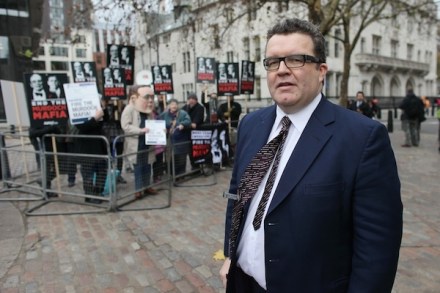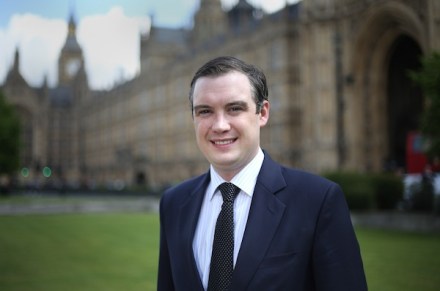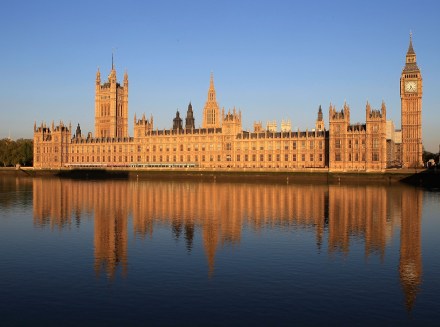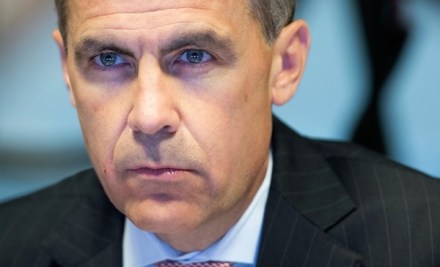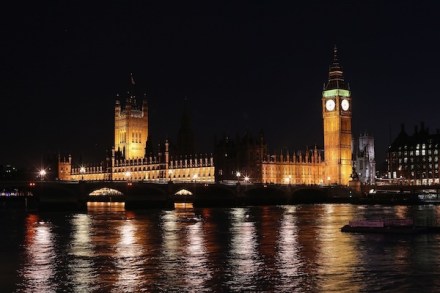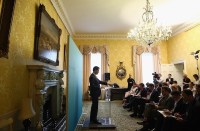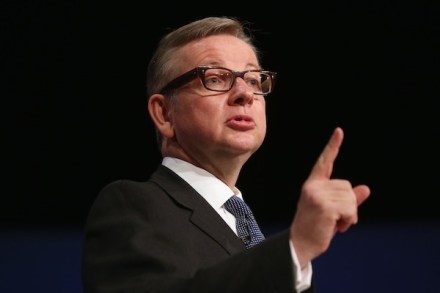Breaking: Tom Watson resigns
Tom Watson has announced he is standing down from his role as Labour general election co-ordinator. You can read the full text of his resignation letter to Ed Miliband below. Given the letter says he offered to resign on Tuesday, the lines prepared by Miliband on Watson for yesterday’s PMQs make a little more sense now. James also reveals in his column this week that ‘several of those close to Miliband have doubts about [Watson’s] work rate and priorities’ when considering whether he should be running the party’s 2015 campaign. Dear Ed, I said that I’d stay with you as general election co-ordinator within the Shadow Cabinet as long as
